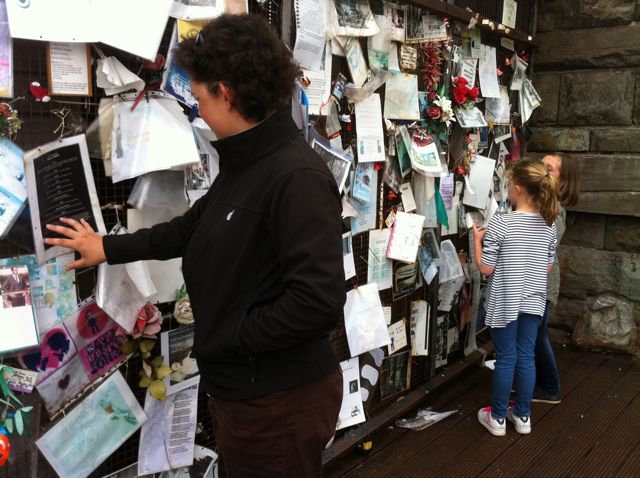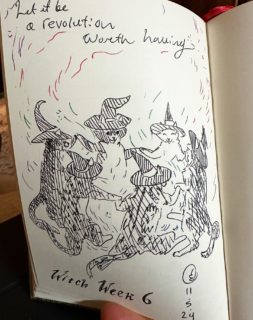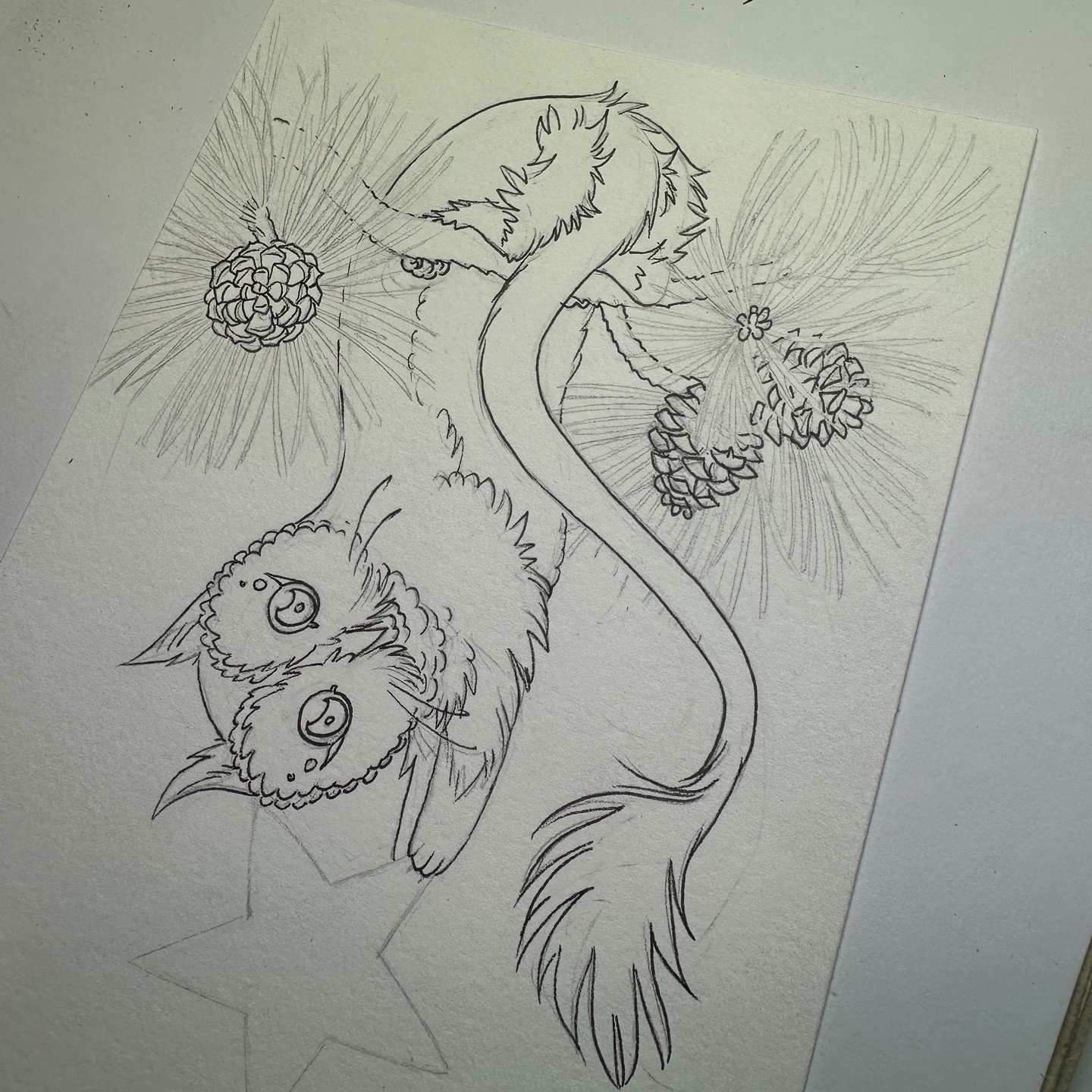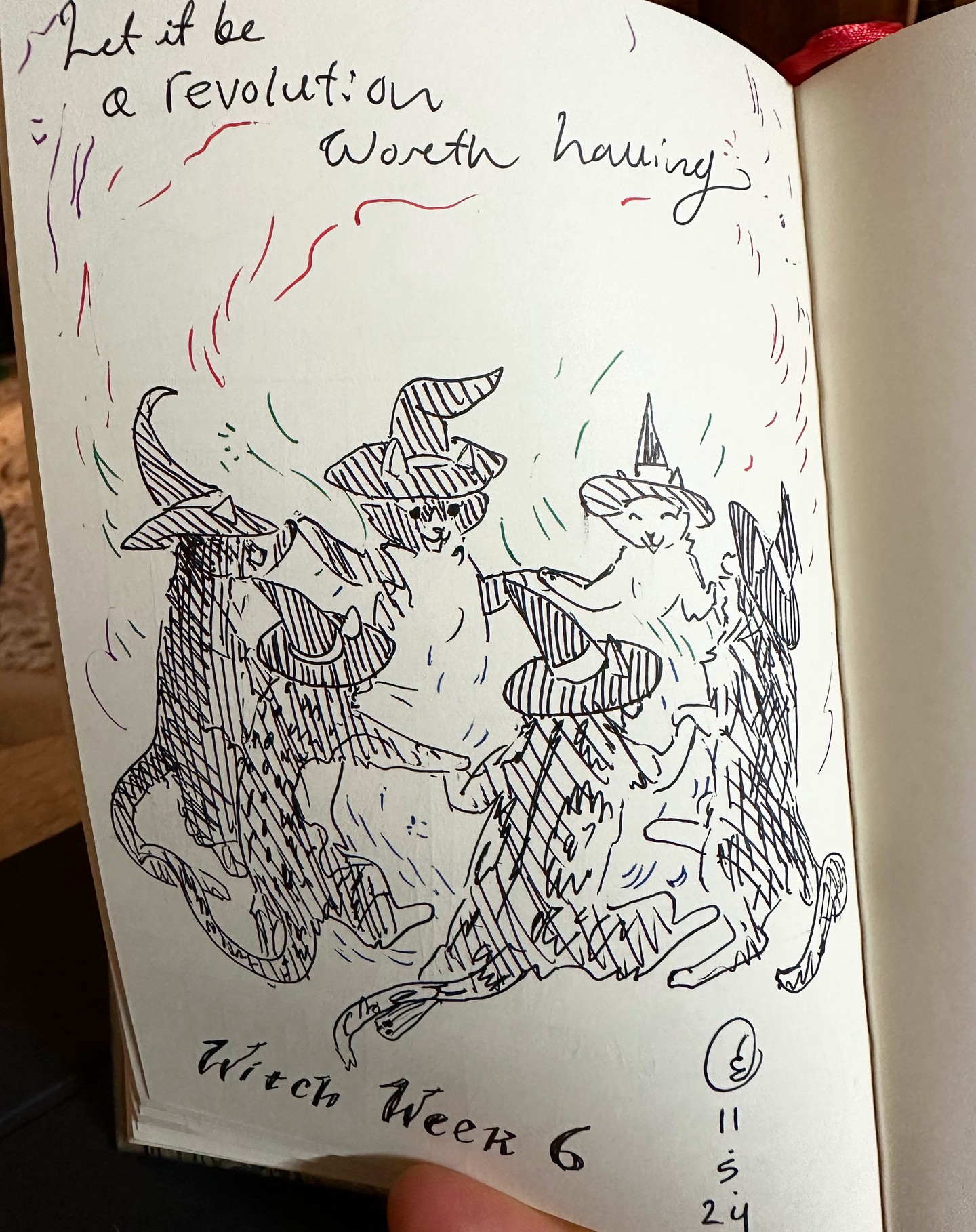Or, Who Died and made YOU the Author? V 2.0
Note: This article contains frank discussion of character deaths in the show Torchwood, the movie Serenity, and the books I, Claudius and Anathem. Readers sensitive to spoilers are advised to watch/read those stories before reading this journal. At least read the books. Because they are really good.

A few years ago there was a show on BBC One called Torchwood. It was a spinoff of the popular sci-fi/adventure show Doctor Who, created by then-showrunner Russell T. Davies. It carried over many plot elements and characters from its mother series, as well as introducing many new faces. It ran for two seasons on BBC One, followed by a three-part mini series, by the end of which (and sorry, this is where I have to drop some spoilers) all but two of the main cast were dead.
Not peaceful, die-in-bed-at-the-age-of-eighty-surrounded-by-fat-grandchildren dead, but horribly murdered or villainously slain.
This, I have learned, is par for the course in dramatic television, where characters are discarded like disposable diapers when they are of no more use—or too happy.
But in the case of Torchwood, something remarkable happened. One of the main characters in Torchwood, and the last to be killed off, had developed a devoted fan following, and when he died his fans… were… Not… Happy. They rebelled. They signed petitions. They even created a memorial to him in Cardiff, where the show was filmed.
The counter-response to this fan outrage has been varied. The creators of the show were understandably annoyed. Residents of Cardiff, not fans of the show, were bewildered and vaguely pitying of the poor obsessed fans.
What I think they may not understand is that, to a fan, their favorite character is not just the concoction of some writer’s whimsy: they are a real person. A well-written character is like a friend—maybe an imaginary one, but still, a friend. And when they die it can be almost as upsetting as losing a friend in real life.
While I can understand the average person not really understanding the memorial or what it stands for, I think a valuable lesson is being lost on the writers. Not just the writers of Torchwood, but writers all over who think its okay—even a good idea—to knock off characters for no good reason.

At the risk of stating the obvious: death is a serious issue. Everybody knows this. It is hardwired into our biology to take death seriously. So when writers are looking for ways to get their readers emotionally hooked into a story, death is an obvious device to use.
And as they say, “When you’re holding a hammer, everything looks like a nail.”
The thing we as writers need to remember is that, if our stories bear any semblance to reality, death should be just as big an issue there as it is here. It is not, as the Golux says of himself, “a mere Device.” It is the ultimate Device—should be used with care.
Now personal preference will begin to color my judgement. You see, I look to stories as a means of escape. In real life things die. People you love die. But in stories the characters you love have the capacity to live forever. In the deep imaginary world of stories all our best friends and closest loved ones are living still—and always will be. Provided, of course, they survive until the end of the story.
Not everyone feels this way about stories, I have learned. Some people, it seems, actually enjoy getting their heartstrings pulled. Maybe they don’t exactly enjoy reliving the grief, but it helps them to process the real grief that is always present in the world around us.
And though I myself am not partial to sad stories, I can appreciate their value, and I do not think I am so partial a judge as to dismiss a story just because it has a high head count.
That being said, I do think there are stories that get death completely wrong. I think Torchwood is one. I think Serenity is another. These stories use death cheaply. They devalue death by dispensing it like balloons at a birthday party. I take issue with the high body count in these stories not just because I have a natural aversion to sad stories, but because the deaths are so badly-handled. Because the deaths are arbitrary. Gratuitous. Because they are used solely to entrap the reader into fearing for the remaining characters’ safety. These are all terrible reasons for killing off characters. To demonstrate let us dissect my favorite case, the death of Wash in Serenity.
Wash was one of the most likable characters in the entire cast. He was the bright ray of drama-free sunshine that made that ship of misfits seem a halfway decent place to work. He was integral to the acidity balance of the cast.
He was killed off suddenly, unexpectedly, arbitrarily, near the end of Serenity.
It is, in my opinion, one of the worst character deaths in movie history. Because, quite simply, he didn’t need to die. The story could have continued and resolved in the exact same way whether or not he was alive. The only reason he was killed, as stated by the writer himself in the director’s commentary, was to add character jeopardy. If Wash could die, Joss Whedon reasoned, then anyone could die.
What I think he misjudged was the extent to which Wash was an emotional anchor. You needed him to be alive at the end in order to have a happy ending. As it is, Serenity sort of has a deflated, ambiguous ending. It’s not happy. It’s not sad. It’s just… an end. It loses its punch, because all you’re thinking for the last fifteen minutes is “Wash was just killed. What the hell, man?”
Wash’s death fails even at being an emotional hook. Rather than make me more worried about the remaining characters, on my first viewing I found it distancing. I began to emotionally detach, realizing these characters I had grown to love over the last hour might be killed off as suddenly and cruelly and senselessly.
Of course killing off characters for the sake of character jeopardy is stupid anyway because it only works once. I cannot stress this enough. If you have even a smidgen of hope that your readers or viewers will experience your story more than once, don’t kill characters just for character jeopardy. Because the next time they read your story (and you want them to read your story more than once, right? Right?) they will know who lives and who dies. Put plainly, there is no such thing as character jeopardy on a second viewing.
To me it is senseless to kill characters off for jeopardy. In my case all the reasons above are compounded by the fact that I read for the second reading—not the first. I like stories that are supposed to be read at least twice. It’s fun on my first reading, of course! But when I go back and read it again, taking the time to notice all the little details, I hope I’ll will find new angles and nuances to the story. In short, I like stories that have a deeper pull than just “Oh, I want to find out what happens next!”
Of course—and this is a qualification you can add to all my opinions—not everyone writes like I do. Not everyone reads like me. Not everyone reads the stories they like at least twice. But I do believe there is a difference between gratuitous, unnecessary, poorly-executed character death, and the real emotionally-charged, story-altering character death.
I’ve seen the name George R. R. Martin lumped in with Whedon and Davies in the Kill-Happy Writers Group. Now I haven’t read much of G.R.R.M.’s work, and I’ve only seen a couple of episodes of the HBO show based on his Song of Ice and Fire saga, but I think I can safely say that this particular example falls more closely in line with works like I, Claudius than Torchwood or Firefly.
I, Claudius, written by Robert Graves, is a fictionalized autobiography of the Roman Emperor Claudius. There are actually two books, I, Claudius followed by Claudius the God, but as I have not read the latter, I shall focus on the first.
I, Claudius tells the story of Claudius from the circumstances and political scene at his birth, up until his entrapment around the age of fifty in the “Golden Predicament.” What is interesting to me about Claudius is that it has remarkably little character jeopardy. The story is told with the assumption that the reader already knows who Claudius is, knows who these characters are, and knows what ultimately became of them. That is, that all of them except Claudius are dead. Claudius kindly reminds us with sad little hints that all these characters we are coming to love and admire have died—and not peacefully of old age, either. We see their deaths coming. At times Claudius himself comes right out and says, “Now I have to tell you how so-and-so died, and it is really hard.”
This is the opposite of the cheap character jeopardy you find so often in TV shows. And yet I found it much more gripping. The emotional connection forged with love between the reader and the characters is so strong you have to brace yourself—you need that warning—before they die.
I, Claudius differs also in the effect these deaths have upon the story. Whereas in Serenity Wash’s death has no real effect on the ending of the story, I, Claudius’s culmination (it is not really an ending) is a story built on the deaths of all the characters we came to know and love. The story could not have happened without these characters dying.
This is the true difference between stories like I, Claudius and Serenity. The true difference between gratuitous and unavoidable death.
I’m going to pull in another story here. Anathem by Neal Stephenson is not a particularly bloody book, but it does have one or two major characters die, and the way he handles this can be used as a model for any writer who doesn’t want a repeat of the Ianto Jones fiasco.
In short: a character much beloved by the reader and the rest of the cast dies about halfway through the book. His death is unexpected, and for the next quarter everyone is depressed about it—as they should be. One of the big mistakes I see writers making with their character deaths is not giving their other characters—let alone their readers—time to grieve.
Repeat after me, writers, lest you forget: Death has consequences. Characters and readers need time to process it.
Anathem is a science fiction adventure. It deals with multiple universes and alternate realities (called Narratives within the book). At the end, with the big confrontation settled, the hero attends a funeral ceremony for his fallen companions. One of the people who can manipulate reality finds him visiting the coffins and asks what he is doing. The hero says he is counting the bodies, hoping—since realities got a bit muddled—that he might get his friend back.
No, he is told. The Narrative they are in is only possible because of certain people being dead. Being “absent” from the Narrative.
It sums up nicely what is, to me, the ultimate indicator as to whether a death is really, truly, necessary:
Is your Narrative only possible with certain people being… absent?
One of the arguments I see put forward in favor of gratuitous character death (even though it’s rarely called that) is that in Real Life people die for no reason. This is true. In Real Life. But stories are not Real Life. They are stories. And one of the things that makes a story a story is that in it everything happens for a reason. That is what stories are for; to give us reasons; to help us find the reasons hidden in Real Life.
Take any great story and you will find that, though not always immediately obvious, everything in it happened for a reason. Stories where things happen for no reason tend not to be very good.
So having people die for no reason, though superficially realistic, is often just bad storytelling.
All this, and I make it sound like writers who knock off characters right and left are cold, emotionless hacks. I do not believe this is the case. When writing death into a story you are dealing with some very deep, very strong emotions. If you do it wrong you don’t get a response from your readers, but if you do it right, they might get mad at you. The trick is having characters die in a way that is meaningful to the construct of the story, using the emotional backlash creatively and productively, and finally giving the death some good, poetic closure. Then the death seems less like a cruel joke, and more like an integral part of the plot. Which I believe it should be anyway.
To pull all this off successfully is like juggling a ball, a club, a broken beer bottle and a live cat while riding a unicycle across a dry riverbed. In other words: it’s difficult.
What I would like to say to readers who find themselves in the middle of a story with gratuitous character death is this: don’t blame the writers, they are working very hard and trying to do something really difficult. If you don’t like it, you don’t have to read it more than once, or even finish it.
You can of course take notes, as I do, and then go off to write your own stories.
*
Goldeen Ogawa is a writer who thinks you can having a really smashing, engaging story without killing anyone. At least, not anyone likable. You can send her an email at goldeenogawa@gmail.com or peck at her on Twitter @GrimbyTweets.


























